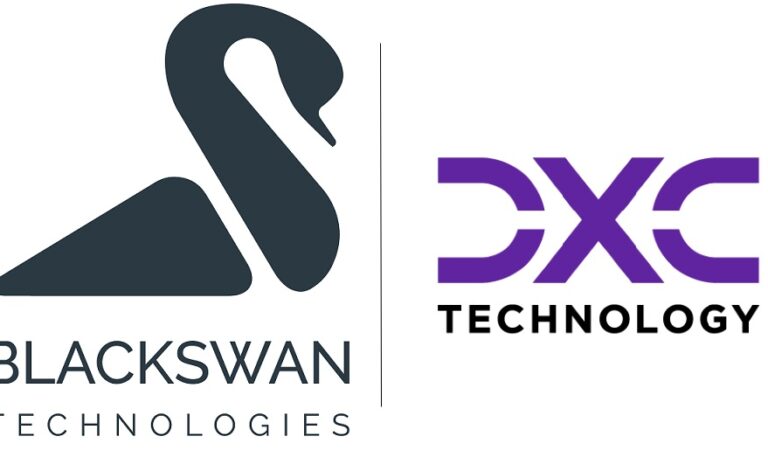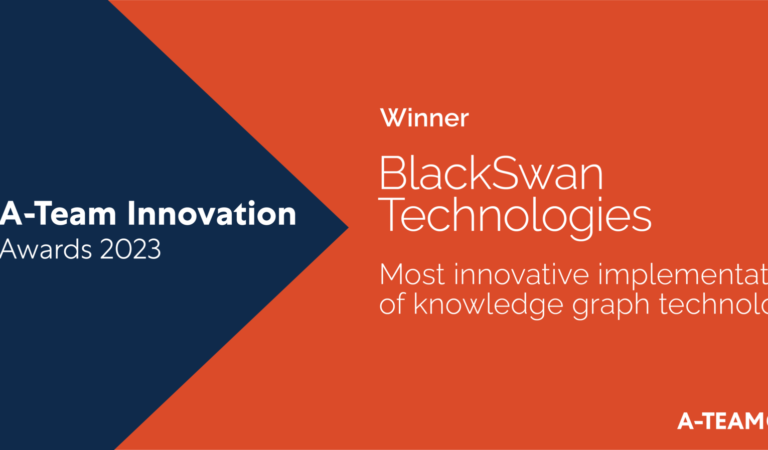
Jul. 19, 2021
AI is Beneficial to Labour Demand; Training Can Further Enhance Impact
By Scott Lichtman @BlackSwan Technologies
PwC’s major hiring plan is indicative of the 12 million net new AI-driven jobs projected globally through 2025
High-tech news outlets pulsed with the recent announcement that PricewaterhouseCoopers plans to hire 100,000 more staff to meet the demand for professional services in AI and cyber-security, as well as in environmental/social/governance practices. The hiring will occur over the next five years, as part of a US$12 billion initiative that includes existing staff training on the latest trends, as well as recruiting talent away from other firms.
Given this data point, it’s worthwhile to take stock of the long-standing question: is AI beneficial for macro employment metrics and workforce inclusiveness? While there are appropriate concerns about its impact on employment, a sampling of more extensive research on AI’s effects tend to forecast net positive employment outcomes.
AI’s Net Positive Employment Impact
The Organisation for Economic Development (OECD), a 60-year old data analysis and policy NGO with 36 member countries, has studied the impact of AI on labour over the past ten years. It concludes that the recent past does not support the conclusion that artificial intelligence costs jobs overall. Rather, much of AI’s impact is realised through the reorganisation of work processes and the re-invention of goods and services.
Attempts have been made to quantify the net impact on employment. The World Economic Forum (WEF), a think tank known for its Davos conference, has surveyed business leaders to assess how many new jobs will arise due to the increasing sophistication of machine intelligence technologies versus how many jobs are likely to be made redundant. Their cross-sector survey found that the number of automatable (potentially redundant) jobs remaining will shrink by 40% through 2025, while new demand for professionals versed in emergent intelligent technologies will grow by 70%. Overall, 12 million net new jobs will be added worldwide.
A combination of actions by individuals, businesses and governments in the coming years will affect the degree to which AI generates work opportunities. Both the WEF and OECD reports emphsize that broad, flexible and low-cost training opportunities are an important objective to which companies, government and NGOs can all contribute.
Training and Recruitment Needs
The case can be made that educational methodologies in many countries need overhauling to prepare workers of the future for the AI-powered economy. Pew Research Center survey found that 70% of business leaders, economists and educators predicted that the educational system will successfully adapt to the needs of an augmented intelligence economy. This could involve a combination of virtual lifelong learning online; experimental projects in the workplace including virtual reality; more internships at the university level; and more pervasive application of hands-on, collaborative innovation and insight generation even in primary schools.
It’s not just the curriculum delivery format that needs adjustment; different skill sets are better suited to different career paths. The WEF found that a combination of general business skills and specific technical skills will be needed to serve a shifting workforce. Forty-one percent of companies participating in their survey are shifting a significant portion of their work to freelancers, who in turn spend the majority of their time in online training programs keeping up to date with effective business tactics and the latest technologies.
Full-time employees, interestingly, spend more time using courses and materials about leadership skills, project and budget management, facilitating collaboration and diversity, and other general skills. While this suggests a growing distinction between the roles of full-timers versus freelancers, both types of worker will remain dependent on each other, and analytic and creative skills will be important for all professionals.
Employment Opportunity Inclusiveness
Today’s lesser-skilled workforce participants may have a more difficult time transitioning to new work. However, the above think tanks point to specific opportunities for blue-collar workers to participate directly in the AI-based economy. WEF points out that today’s data massive compilation, cleansing and annotation efforts, which are necessary for accurate AI models, usually have a human interpretation component. An example of this, highlighted by the OECD, are ‘cobots’ – robots that are intelligent and safe enough to operate next to a worker such as an auto body assembler.
Cobots take care of intensive tasks like lifting parts and measuring the quality of welding seams, while the worker is well-suited to adjusting welding steps based on the auto model, creating a manufacturing process that’s both flexible and efficient. These intelligent, silicon-based assistants are among the fastest-growing segments of the robotics market, proving that AI can work in tandem with humans, rather than instead of them.
Workforce diversity and inclusion represents an area of opportunity in this new era. AI as a computation technology is highly sensitive to value systems and perceptions as applied to new priorities and drawing insights. Therefore, it benefits organisations to seek diverse backgrounds among new hires, whether directly in software engineering and data science jobs or in the many roles relying on the application of that technology.
To achieve greater diversity, a Harvard Business Review author recommends applying anonymised, project-based candidate evaluation (instead of experience-based screening or keyword filtering, which are subject to bias). That expert’s research discovered over 60% of firms now provide take-home data assessments for candidates and another 20% require interview data mini-projects.
The Big Picture is Upbeat
In summary, a sample of widely-cited research literature on AI and employment paints an optimistic view about job creation and inclusivity, especially for knowledge workers. The future is not set in stone, however, and proactive steps taken by businesses, governments and NGOs, and individual workers, especially in terms of training, are needed to maximise AI’s economic benefits for all.

Scott Lichtman is a Marketing Director at BlackSwan Technologies. He has worked in strategy at Oracle and has helped lead numerous startups. Scott holds a computer science degree from MIT, an MBA from Harvard and a Masters in International Economics from LSE.
Learn more about BlackSwan Technologies at blackswantechnologies.ai or follow us on Twitter and LinkedIn


